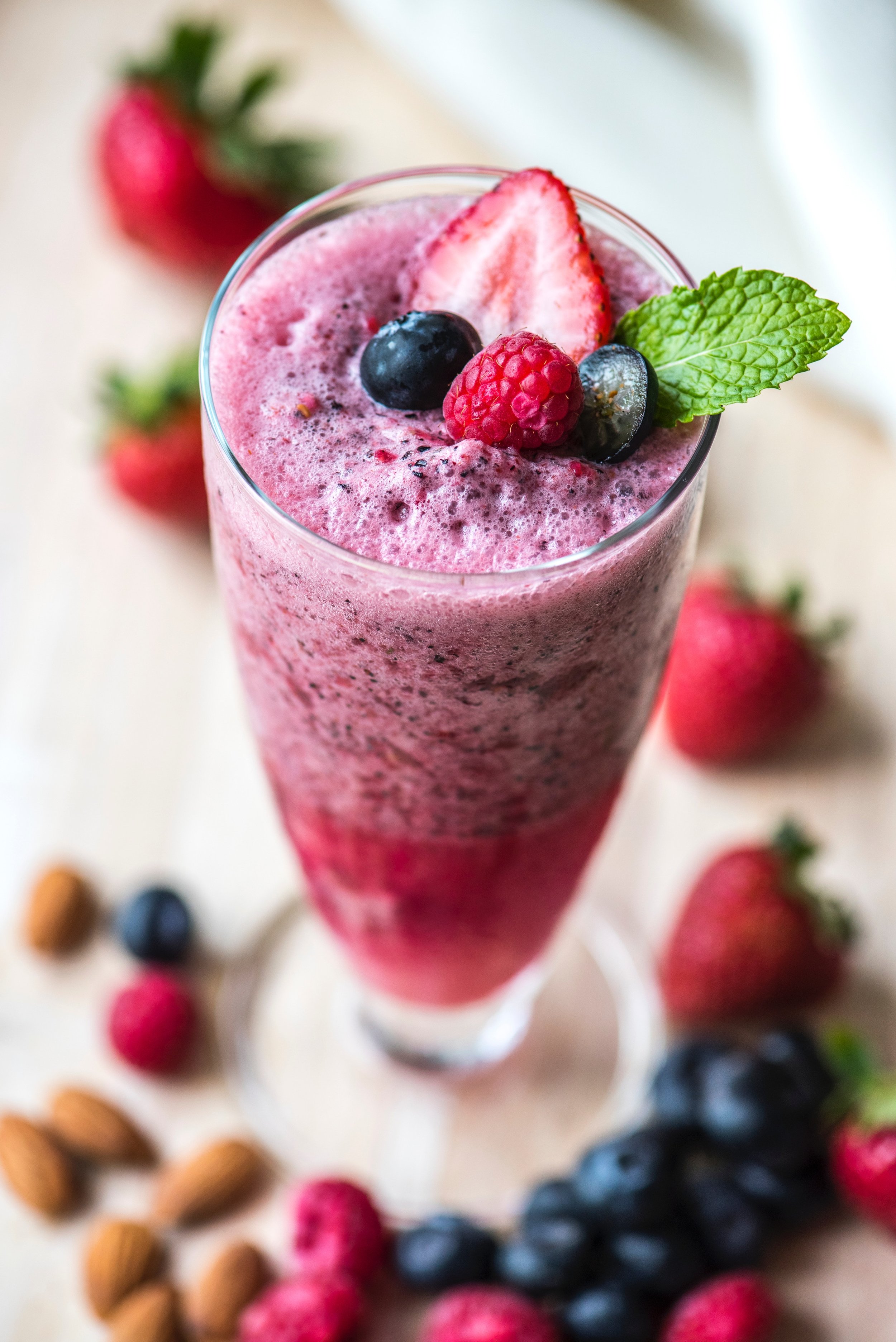The Secret To A Calmer Morning?
January’s blog comes from a guest writer, Rebecca Murray, looking into the importance of eating breakfast for primary school-aged children, and the impact the right kind of breakfast can have on physical and emotional well-being.
“Caring for your child is one of the hardest jobs in the world and if, like me, you find the advice currently available to you like a minefield, and would just like a simple explanation of what, why and how it will benefit your family, then please read on.
In various publications it has been documented that breakfast is the most important meal of the day, but why is this? Have you ever noticed that some mornings your children are not hungry or that they are too tired to eat so they skip breakfast or grab a sugary cereal bar to eat in the car on the way to school? Guilty as charged!
Scientific research has shown that children who skip breakfast miss out on important nutrients and vitamins, which create a loss in energy, irritability, fatigue, mood swings and a lack of concentration causing adverse effects on memory and learning. It has also been noted that these vital nutrients missed at the start of the day are not made up during other meal times, creating deficiencies in Vitamins A and B-6, iron, calcium, magnesium, copper and zinc which all pose significant problems for growing children.
None of us can really skip breakfast: you know yourself if you miss breakfast you tend to make poor food choices later on in the day and eat more to give you that much needed energy boost. So if you do this, then what about your children? Eating behaviours are formed from our parents’ eating habits before birth and whilst we are growing up. The new phenomenon of bingeing on sugary foods is one of the issues children in the UK face. Childhood obesity is frequently in the media, and this generation of children are seeing an increase in health related problems such as obesity, type 2 diabetes, high blood pressure, asthma, sleep disorders, liver disease, behavioural problems and even psychological effects such as low self-esteem, depression and social isolation.
“The evidence is now undeniable that poor nutrition is putting our children’s physical health at risk. Many children are now expected to die before their parents as a direct result of their unhealthy diets and lifestyles”
Ready to take action?
“They are what you feed them.” Consider these quotes from parents during a consultation with Dr Alex Richardson, who focuses on how nutrition affects behaviour:
“My child’s performance at school is not where it should be”
“His moods change often throughout the day without explanation”
“She loses concentration, seems confused and tired during the day”
If you have noticed this on one or more occasion with your own child, then it may be time to look at their diets starting with the most important meal of the day: breakfast.
Let’s consider Coco Pops with Semi-Skimmed Milk, a popular children’s breakfast:
Nutrition Facts
Serving Size: 1 serving with 125ml semi-skimmed milk (30 g)
Per serve
Kilojoules 732 kj
Calories 175 kcal
Protein 6 g
Carbohydrate 32 g
Sugar 17 g
Fat 3 g
Saturated Fat 1.5 g
Fibre 0.6 g
Sodium 0.15 mg
The initial problem here is the sugar content (17g): these are from carbohydrates, which we know our body needs for brain function and energy but these are simple carbohydrates, which cause insulin levels to spike quickly. This is often followed by less than ideal behaviour, such as the giddiness you see on the way to school, and as parents we are often saying things like: “Stop doing that!”, “Slow down!”, “ LOOK before you cross the road!” This is what high sugary foods initially do, which is then quickly followed by a slump in energy, creating that lack of concentration and irritability during the school morning, also making them feel hungrier before lunch time, leading them to over eat.
Taking control of your child’s breakfast means you can give them the best nutritional start to the day, which will enhance their health, moods and future eating habits.
So what should be included in breakfast?
You should aim to include 1-2 servings of fruit, to provide those important vitamins. Good quality protein such as 1 egg or a matchbox size of cheese is sufficient and a good serving of slow release carbohydrate: these should come from wholegrain breads or wholegrain cereals, both from unrefined versions (look at the sugar content keep it low <5%). Porridge oats that you soak overnight yourself are the best; try soaking them in freshly squeezed fruit juice to add some sweetness. Sounds too timely to make? Then involve the children and make them the night before and leave in the fridge.
Breakfast Menu Ideas:
* Pancakes topped with fruit
* Home-made Muesli
* Boiled or poached eggs
* Scrambled eggs (with or without cheese)
* Fruit & Vegetable smoothies
Rebecca Murray is a Health & Wellbeing Manager and holds a BSC in Exercise, Nutrition & Health.
All information provided in this blog has been sourced by scientific journals and published industry related documents. Reference lists are available on request.
For more information on children’s nutrition, please click here.


